@Spiderman is definitely helping me transition into my new faith lol 
-
Welcome to Religious Forums, a friendly forum to discuss all religions in a friendly surrounding.
Your voice is missing! You will need to register to get access to the following site features:- Reply to discussions and create your own threads.
- Our modern chat room. No add-ons or extensions required, just login and start chatting!
- Access to private conversations with other members.
We hope to see you as a part of our community soon!
You are using an out of date browser. It may not display this or other websites correctly.
You should upgrade or use an alternative browser.
You should upgrade or use an alternative browser.
Your favorite Pharaoh or Roman Emperor?
- Thread starter Spiderman
- Start date
Spiderman
Veteran Member
Incredible!I'm really surprised Kemeticism isn't more popular, but then Pagan revival is mostly a European thing (by which I mean also European Americans).
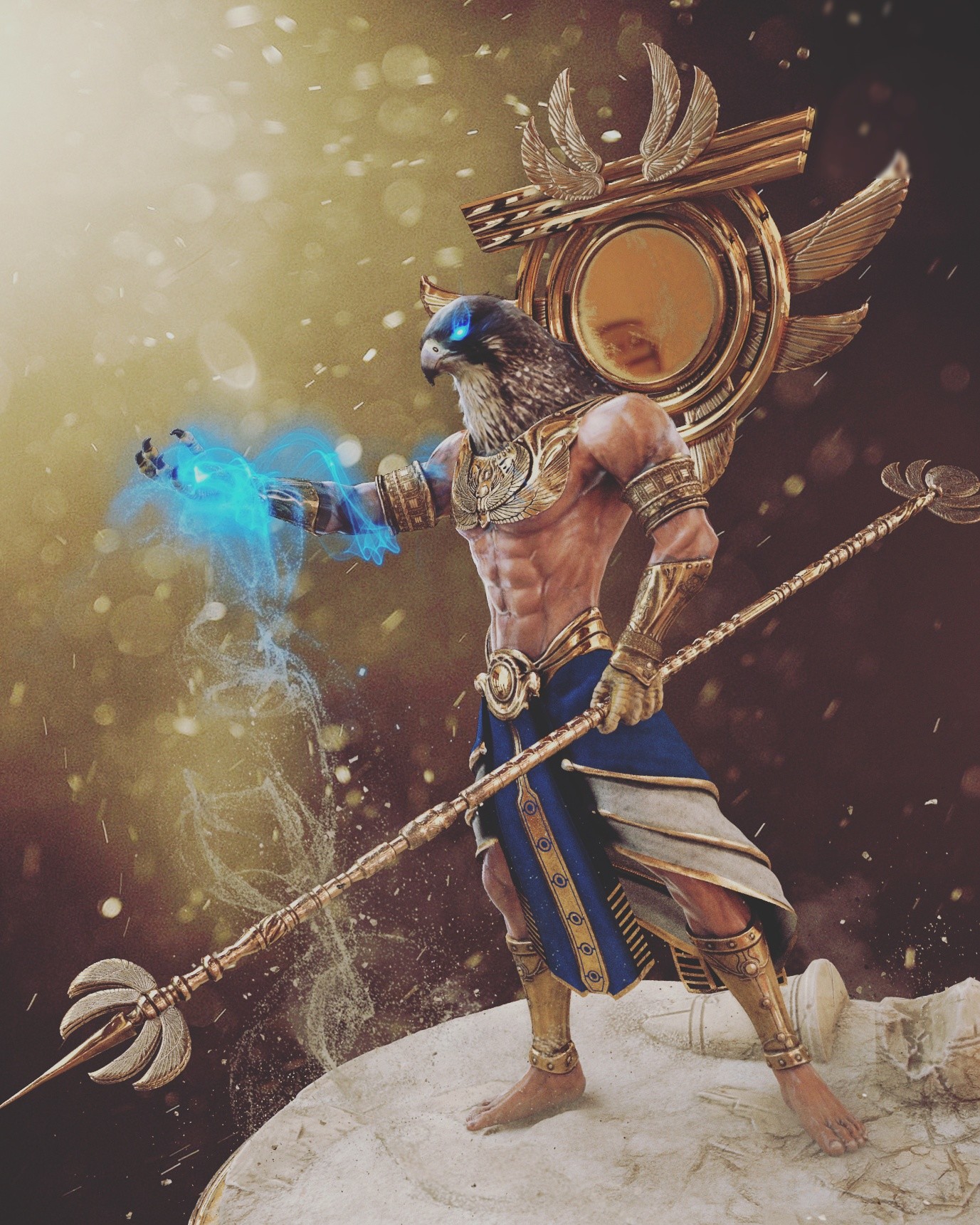
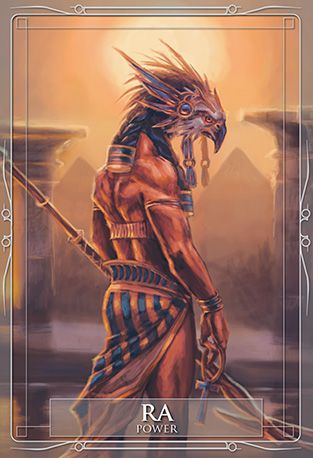
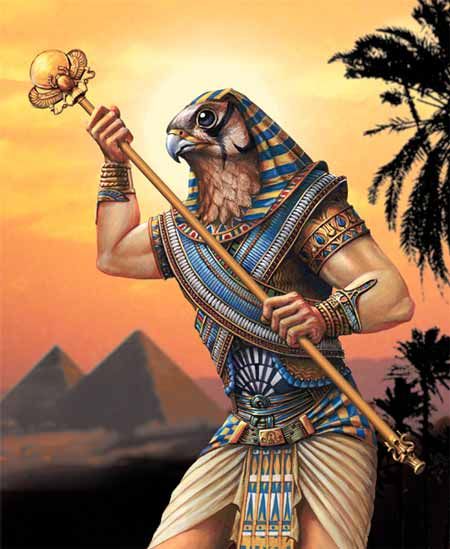
And Sobek for good measure
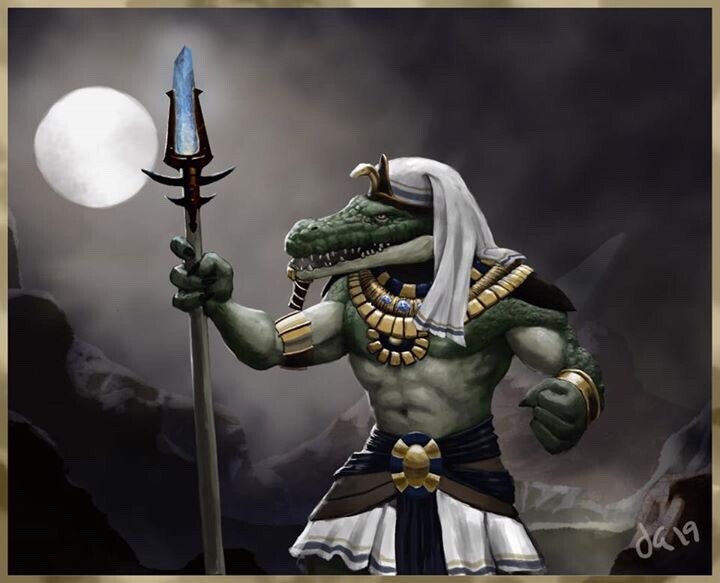

I rated your post funny on accident. I meant "winner". Fixed it.
Also additions to my prayer wall.
Yeah, if the Pagan Revival is not including Kemeticism, Ra will love you more, because he won't have as many friends.
I feel like the Netjeru (Gods) don't mind, really.Incredible!
I rated your post funny on accident. I meant "winner". Fixed it.
Also additions to my prayer wall.
Yeah, if the Pagan Revival is not including Kemeticism, Ra will love you more, because he won't have as many friends.
They dominated for 3,000+ years and are now well known almost the world over. Their Pharaohs are shown off in museums, in art, in theatre, we know them. And if there's one thing Egypt loved, it's showing off. They have much of their gold, their artefacts, their statues - and statues of the Netjeru are still being made today. The Pharaohs were recently given a parade in modern Egypt for the reopening of the Cairo Museum. Kemet has lived on and will continue to. Egyptian wisdom literature enjoins gentleness, softness of voice and action, silence and joy. It seems that if we see the Ancient Egyptians as soft, gentle kind of people who liked painting their eyelids and dancing, instead of warfare like Roma and Persia, it's because that's who they were. And their Gods seem mostly equally gentle, even the violent ones, in a way that makes me think they're at peace with this modern outcome.
Plus, they were right. The minute the natives stopped worshipping them, Egypt turned to ****
Last edited:
Spiderman
Veteran Member
You're a natural.@Spiderman is definitely helping me transition into my new faith lol
Don't doubt or second guess.
That faith is a gold mine few discover. It made it on American money actually.
You will find favor with countless Pharaohs and wise mummies as well.
Trajan.
I studied Romanian for a bit, and I heard that when he reached Dacia he didn't need a translator and considered the inhabitants some kind of kin.Trajan.
Shadow Wolf
Certified People sTabber
I don't know much about Egyptian Pharaohs, but as far as Roman Emperors go Marcus Aurelius seems the best they had.
There are several aspects (not my personal theology, but standard Kemetic theology found in hymns etc.) of the Sun God.
The first is Ra, who is the standard Sun God.
Ra is further broken into aspects of the day, so the rising sun/morning sun is Khepri, which is the scarab headed God.
The midday sun is Ra-Horakhty (effectively Horus).
The dusk sun is identified with Atum, also a creator God.
Ra is often merged with other Gods, such as Ra-Atum, Amun-Ra, Ra-Horakhty, Sobek-Ra and I think likely others.
Aten (sometimes Aton) is the word for the orb of the Sun itself, not a God necessarily, just the physical Sun; the Moon was sometimes called the 'silver Aten'. This was the focus of Akhenaten's worship.
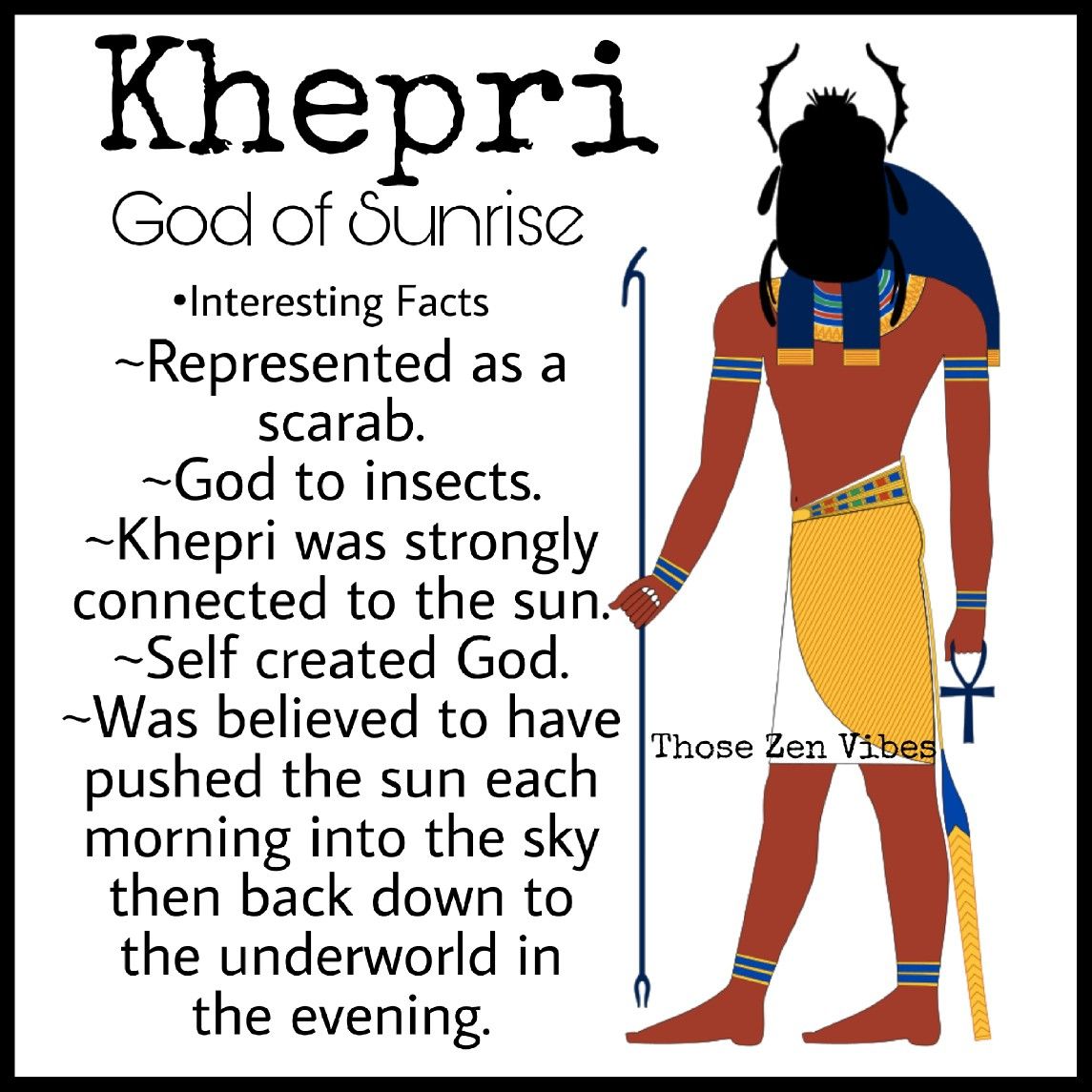
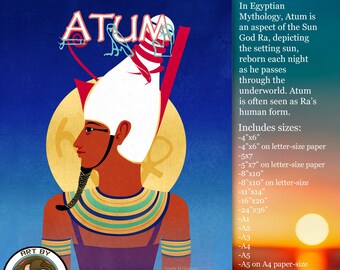
See that's why I get confused. It's that differing aspects of the sun, are different deities. Now it makes a bit more sense, thank you.
I love Aspect Theology but it's not for everyoneSee that's why I get confused. It's that differing aspects of the sun, are different deities. Now it makes a bit more sense, thank you.
I love Aspect Theology but it's not for everyone
Aspect Theology.... I learned a new phrase today =^_^=
I think I may have made it up lol but it fits.Aspect Theology.... I learned a new phrase today =^_^=
I studied Romanian for a bit, and I heard that when he reached Dacia he didn't need a translator and considered the inhabitants some kind of kin.
I suspect it's somewhat mythical. Much of what we know about Trajan is dubiously expressed in various sources which seem a little...too positive? It gets hard with ancient sources to separate fact from allegory (as you well know, I suspect).
So, I put him down as my choice, but it's fair to say there is a large level of guesswork in any of this.
What's clear is that he greatly increased the prosperity of the Empire (partly through successful expansion, including Dacia...)
And that he used his increased coffers to build useful infrastructure, rather than fritter it away (by Roman standards...there was plenty of frittering by modern standards...lol)
The invasion of Dacia was pretty smart, from a military point of view, as well as leading to Roman prosperity. The Romans were poorly placed to fight a defensive war against the Dacians for a bunch of reasons (including their central European position meaning they needed to mobilize legions to various fronts, whereas in an offensive war you were choosing the front). But the key thing was that the Dacians were a more credible threat to the Romans. They were numerous, better organised, and much better armed that the Gauls (for example). Trajan took a calculated risk in stripping legions from defensive positions in the north and north-west, and strengthening his north-eastern and eastern front.
So, from a strategic point of view I appreciate his decisiveness and sensible risk-taking. But once he'd subdued Dacia (and Parthia to an extent) he used the period of peace and wealth to build something positive. He introduced organized social welfare programs to help feed the poor, particularly needy children. He rebuilt roads that needed attention (possibly using the 100,000 Dacian slaves he took!) and constructed aqueducts (probably paid for by the enormous gold and silver deposits he also took) and public baths.
He also worked to make the governing of taken lands sustainable and left them to self govern where he thought it was safe to do so. IN Dacia's case, this involved splitting the state in half, and actively governing one half, but it varied (and the Dacians were very much seen as a credible threat to Rome).
I don't know much about Egyptian Pharaohs, but as far as Roman Emperors go Marcus Aurelius seems the best they had.
He was one I considered, but what's your thinking on him?
Shadow Wolf
Certified People sTabber
He was a philosopher king, and certainly far more benevolent than other Emperors.He was one I considered, but what's your thinking on him?
He was a philosopher king, and certainly far more benevolent than other Emperors.
I get the philosophy part of the equation (obviously), but how do you see him as 'more benevolent' than other Emperors?
Not meaning to negate your opinion here...he was definitely on my short list. Just honestly curious. To me, his philosophy, and the level of personal insight it gives into his thought processes can colour people's view of him as an Emperor to some degree. His stoicism was not universally seen as a positive in his day, although it also helped popularise philosophy.
Last edited:
RestlessSoul
Well-Known Member
Marcus Aurelius
No pharonic preference.
For his 'Meditations' presumably?
He is sometimes referred to as "the last of the good emperors", but I doubt that meant much to his enemies. The very office of Emperor was a betrayal of the Republic and the rule of law, of which Rome had once been so rightly proud.
Rome's tragedy, some might say, was that the mob fell in love with the populist Caesars, and colluded in the destruction of the Republic and the principles on which it was built. A lesson for any modern state that is tempted to take it's democracy for granted.
"As long as mankind shall continue to bestow more liberal applause on their destroyers than on their benefactors, the thirst of military glory will ever be the vice of their most exalted characters."
-Edward Gibbon
RestlessSoul
Well-Known Member
Now, some say the "eye of Providence" on American money isn't Horus or has nothing to do with the Kemetic faith.
I disagree lol
View attachment 55439
Wasn't that also a Masonic emblem?
For his 'Meditations' presumably?
He is sometimes referred to as "the last of the good emperors", but I doubt that meant much to his enemies. The very office of Emperor was a betrayal of the Republic and the rule of law, of which Rome had once been so rightly proud.
Rome's tragedy, some might say, was that the mob fell in love with the populist Caesars, and colluded in the destruction of the Republic and the principles on which it was built. A lesson for any modern state that is tempted to take it's democracy for granted.
"As long as mankind shall continue to bestow more liberal applause on their destroyers than on their benefactors, the thirst of military glory will ever be the vice of their most exalted characters."
-Edward Gibbon
But in the case of Aurelius, you're judging him for a system that was 200 years gone. Not to mention the fact that Aurelius was respectful of the Senate, by the standards of the day.
If you want to give him a black mark in terms of negative impact on political systems, his handing of power to his son is more noteworthy in my opinion.
RestlessSoul
Well-Known Member
But in the case of Aurelius, you're judging him for a system that was 200 years gone. Not to mention the fact that Aurelius was respectful of the Senate, by the standards of the day.
If you want to give him a black mark in terms of negative impact on political systems, his handing of power to his son is more noteworthy in my opinion.
Absolutely, the Republic was dead and buried long before Marcus Aurelius came on the scene. I wouldn’t particularly cast him as a villain, and The Meditations is a fair legacy for any historical figure.
Persecution of Christians by the Roman authorities increased under his rule, but on balance I’d prefer not to prod that particular hornets nest, lest I provoke a swarm of angry atheists.
